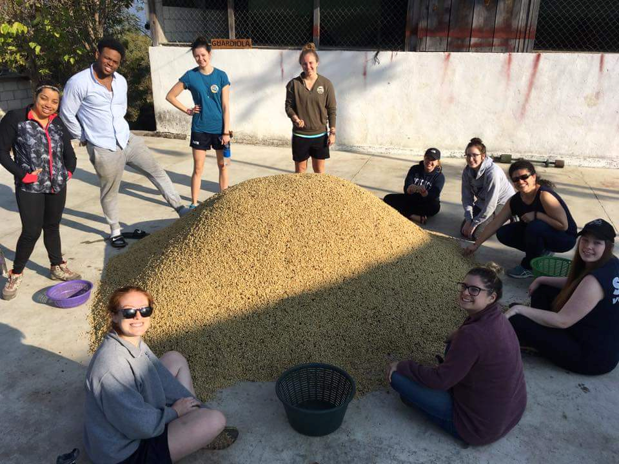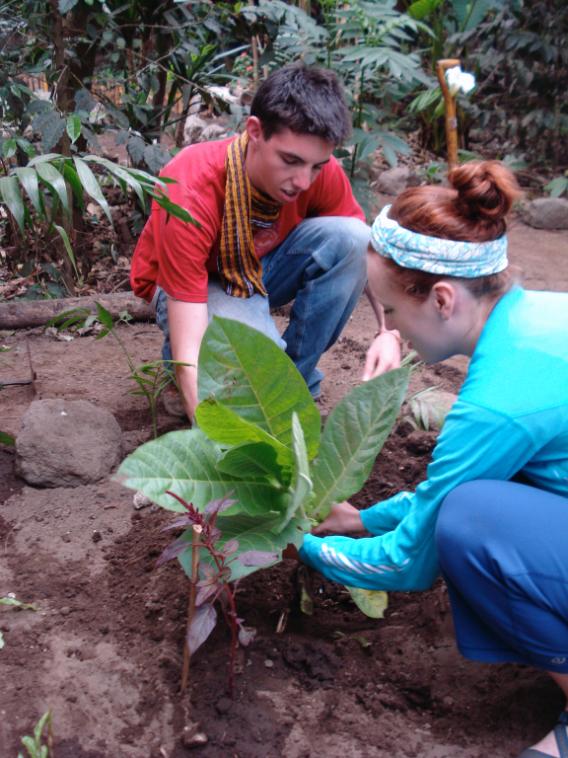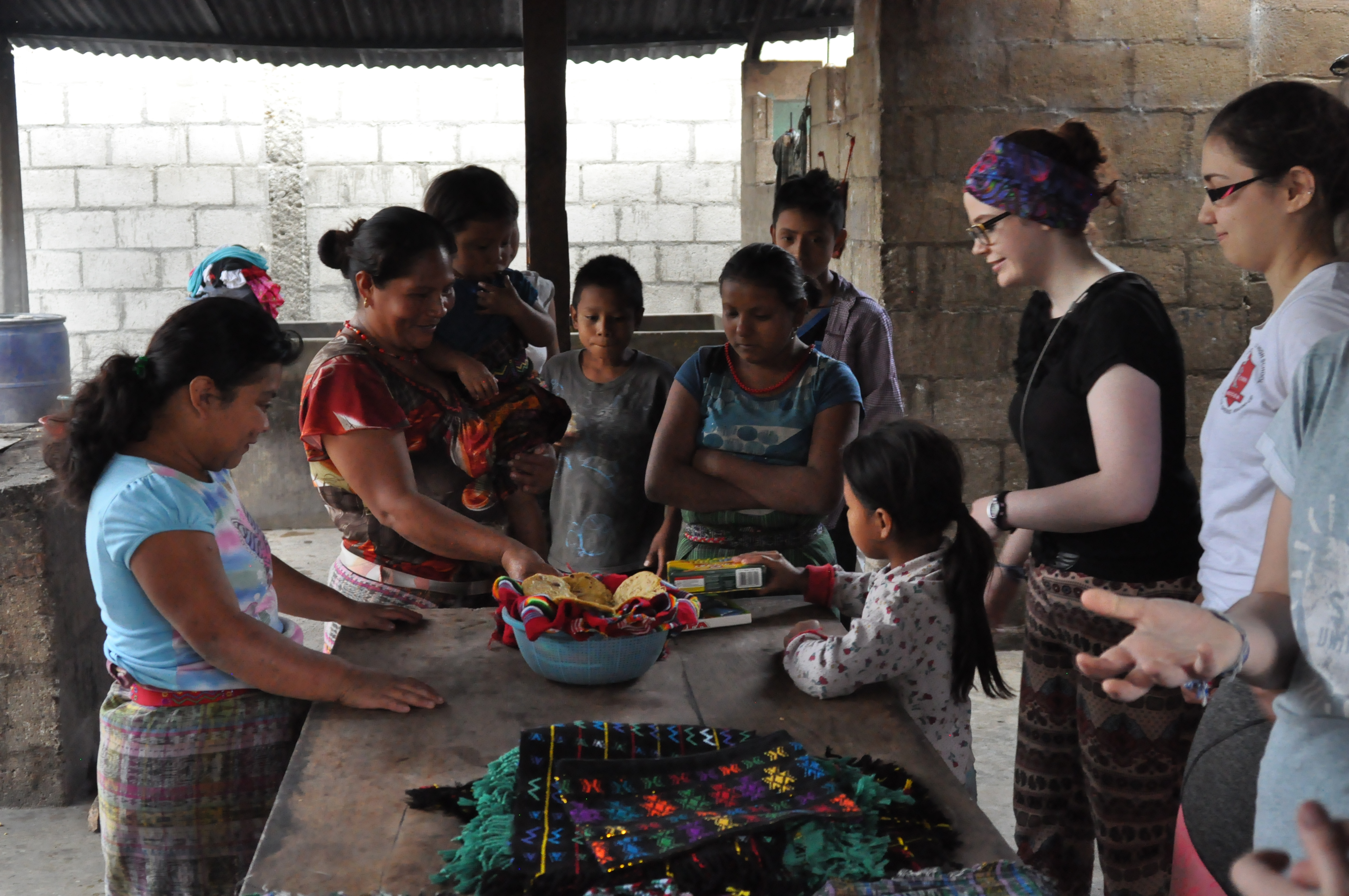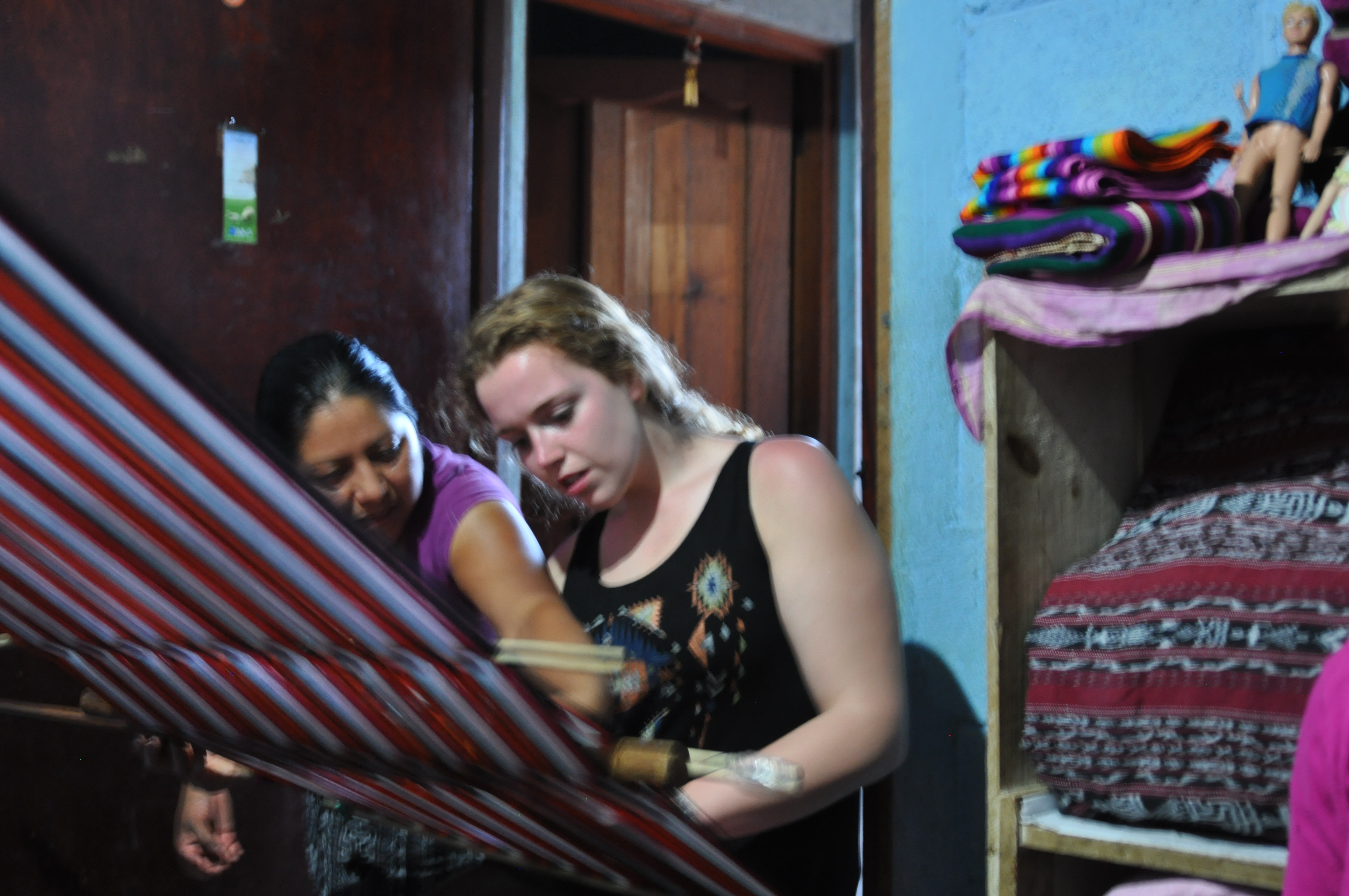Fair Trade development and Social Justice in Mayan communities.

Guatemala, a country of breathtaking splendor and diversity, is situated in central America between the Caribbean Sea and the Pacific Ocean. Twenty-one Mayan ethnic-linguistic groups comprise fifty percent of Guatemala’s population of fifteen million, and include indigenous Maya, Xinca, Chorti and Garifuna communities. Historically, a small elite has concentrated wealth, land and political power in its hands. Over four decades up to the 1990's, efforts on the part of non-governmental organizations to promote fair land distribution and the rights of the poor were met with repressive measures favouring the political and economic elites. Conflicts between guerilla movements and the Guatemalan army had brutal consequences for human rights activists and people in rural communities. Since 1996 and the signing of peace accords, communities, non-governmental organizations, human rights groups, and churches have been hard at work on the challenging process of reconstruction and peace-building.
February Winter Study Break
This Immersion Service Learning experience, organized for StFX by Breaking the Silence of Tatamagouche Centre, focuses on deepening awareness of community development in a lingering post-political conflict environment. The week begins near San Lucas Toliman, on the edge of beautiful Lake Atitlan. Participants will learn about agroecology and the work of the Mesoamerican Permaculture Institute. Participants will then visit the Campesino Committee of the Highlands (CCDA). This experience provides students with an opportunity to gain an understanding of the hopes, efforts, and obstacles Mayan communities face - in land distribution, sustainable environmental and economic development, education, health, and fair trade. They will learn of human rights challenges community groups have faced in the past and are facing today and gain an understanding of the role development organizations play in building rural communities.
Transportation
Participants fly to and from Guatemala City. A tourist van will transport participants to San Lucas Toliman and other sites. Local or public transportation may also be used by the group.
Housing & Meals
The group will stay in IMAP and CCDA dorm facilities. All meals are eaten as a group, with a preset menu. The menu is mostly local foods, as part of the immersion experience. Students will NOT have a choice of foods.
Service Placements And Group Sessions
While visiting San Lucas Toliman, service opportunities will take place with community development projects in the region. These may include hands on learning at the Mesoamerican Permaculture Institute (IMAP), and the fair-trade coffee project of the Comite Campesino del Altiplano CCCDA (Committee of Rural Small Farmers of the Highlands).



Contact
373 Coady International Institute
4780 Tompkins Lane
Antigonish NS B2G 2W5
Canada

